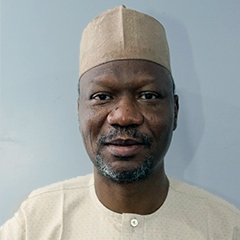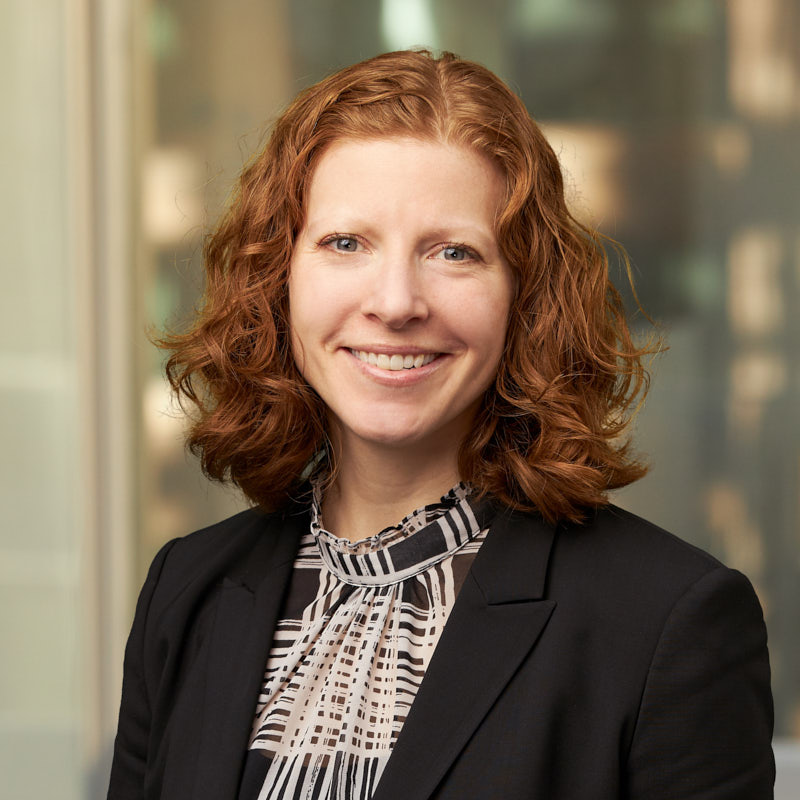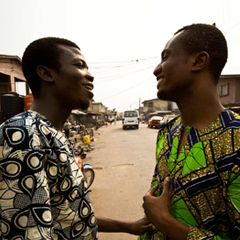In a few months, Nigerians will go to the polls to cast their votes for the next president, a new slate of governors, and National and State Assembly members. Four years ago, Nigerians voted in favor of security and anti-corruption, electing President Muhammadu Buhari. In the 2019 election, they will decide whether to re-elect Buhari or to elect former Vice President Atiku Abubakar or one of the more than 50 other candidates.
In 2016, MacArthur launched On Nigeria in response to several windows of opportunity to address corruption—the 2013 privatization of the electricity sector, the 2015 signing of the Administration of Criminal Justice Act, the election outcomes the same year, and the launch of the Home Grown School Feeding program. We set out to support Nigerian-led efforts to promote accountability and reduce corruption and to widen those windows of opportunity to the point that anti-corruption efforts become institutionalized and an everyday part of Nigerian life. We fund a diverse cross-section of Nigeria’s vibrant civil society, media and journalists, faith leaders, academics, and government oversight agencies across the country to prevent, expose, speak out against, and demand action on corruption. These groups are critical to institutionalizing the anti-corruption agenda.
So far, we see signs of progress. Despite significant challenges, we believe that there is a continued opening to do this work. Over the last few years, there has been an increase in cases referred to anti-corruption agencies and prosecuted; special anti-corruption courts have been created to speed up the kinds of corruption cases that have typically languished for years; millions of dollars and billions of naira in stolen assets have been recovered and returned to Nigeria; and tens of thousands of ghost workers who were collecting government salaries have been removed from the payrolls. We have seen journalists publish investigative reports and civil society organizations use those reports to demand and receive resolution from the government. There is more monitoring of how basic education funds flow to states and local governments and a greater demand for accountability in how those funds are used. We know that there is greater demand for accountability in the electricity sector. Also, as of 2018, some 15 states had adopted the Administration of Criminal Justice Act, up from just eight in 2016, making it easier to investigate and prosecute criminal cases (including corruption cases).
But there is much work to be done. While prosecutions have increased, the pace remains slow, and the Buhari Administration has been accused of politicizing investigations and prosecutions by targeting members of the opposition party, while responding less quickly to allegations in their own government. Too few parents, teachers, and local officials are aware of the basics of the Universal Basic Education Commission’s matching-grant fund or the Home Grown School Feeding program. The quality of investigative news reports must continue to improve. There is a major liquidity crisis in the electricity sector, dampening initial enthusiasm about possibilities for reform. And too many in the justice system continue to find loopholes to derail corruption cases.
Over the last few years, public opinion polls have consistently shown that Nigerians care about anti-corruption and believe that corruption can be tackled. Since the beginning of On Nigeria, we have been wrestling with the question of what must happen for Nigeria to become a more transparent, accountable society where corruption is the exception rather than a part of everyday interactions. With the windows of opportunity, there was a moment that called for investment, but we knew it would be just that – a moment – and that long-term success and sustainability would be based on widening those windows and, eventually, institutionalizing anti-corruption efforts. For people to have access to the goods and services to which they are entitled, accountability must become an everyday occurrence and a responsibility that is shared by government, civil society, the media, citizens, and the private sector – all holding each other to mutual account.
To institutionalize accountability and anti-corruption, we have funded a wide range of civil society, media, and public-sector activities. Earlier this year, we awarded grants to a group of civil society organizations across the country to create opportunities for people to make their anti-corruption demands heard during the election season. We are also supporting a variety of oversight agencies within the government to better enable them to carry out their mandates. Today, there are more than 130 On Nigeria grantees and subgrantees, working in collaboration across the country to promote accountability and reduce corruption. In addition to MacArthur, there are other committed donors, activists, officials, implementers, and ordinary citizens who are taking a stand against corruption. Yet we continue to ask ourselves if we have done enough to make the most of these windows of opportunity, whether we have worked with the urgency that is required, and whether we are working at the right scale to achieve the bold goal we and our partners are trying to achieve. Time will tell, but we feel cautiously optimistic about Nigeria’s future.
On Nigeria grantmaking ›
On Nigeria strategy ›
Other Directors' Reflections ›





